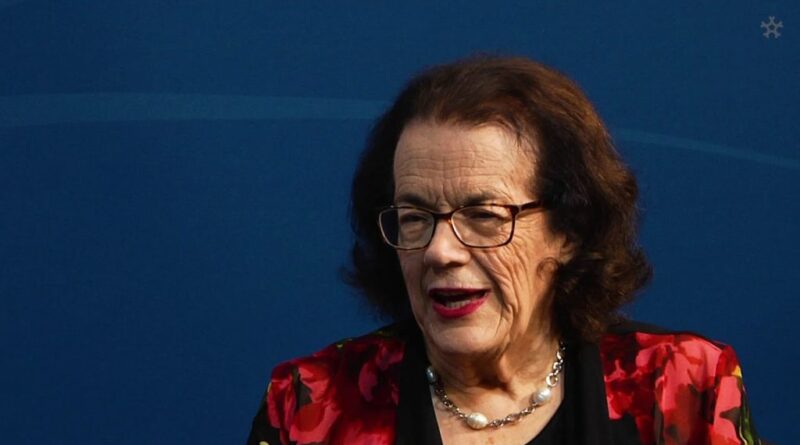Climate minister Chris Bowen says replacing coal-fired power stations with nuclear would cost $387 billion

The government says replacing Australia’s retiring fleet of coal-fired power stations with nuclear energy would cost some $387 billion.
The costing, put out by the Climate Change and Energy Minister Chris Bowen, is a pre-emptive strike against the opposition, which is moving to include nuclear power in the energy policy it takes to the next election.
Bowen said the nuclear option would represent a $25,000 cost impost on each of more than 15 million Australian taxpayers. The costings were done by the Department of Climate Change, Energy, Environment and Water.
To replace Australia’s retiring coal fleet of 21.3GW, a minimum of 71 300MW small modular reactors would be needed, Bowen says. This could cost $387 billion, with the estimated capital cost of $18,167/kW for SMRs in 2030, compared to large scale solar at just $1,058/kW, and onshore wind at $1,989/kW.
Those in the opposition promoting the nuclear option argue that including it is the only way Australia will get to net zero emissions by 2050. But there are no details of the speed or extent of the use of nuclear energy that would be in the policy, which has yet to be drafted and approved by the Coalition. The role of nuclear would also be constrained by the pace at which the technology for small reactors is being developed.
Read more: Grattan on Friday: The Coalition’s likely embrace of nuclear energy is high-risk politics
Opposition leader Peter Dutton said in a speech in July: “If the government wants to stop coal-fired power and phase out gas-fired power, the only feasible and proven technology which can firm-up renewables and help us achieve the goals of clean, cost-effective and consistent power is next generation nuclear technologies which are safe and emit zero emissions.”
Dutton said nuclear technologies and renewables should be seen as companions not competitors.
“New nuclear technologies are factory-built, portable, scalable and can even be relocated,” he said. “New nuclear technologies can be plugged into existing grids and work immediately.”
“We could convert or repurpose coal-fired plants and use the transmission connections which already exist on those sites,” Dutton said in the July speech.
Bowen said the $387 billion was 20 times the cost of the Albanese government’s Rewiring the Nation fund. The government says this fund will support unlocking over 26GW of new renewable generation capacity, and over 30GW of transmission capacity.
Bowen describes the opposition’s pursuit of nuclear energy as a pipe dream, saying nuclear is around three times more expensive than firmed renewables.
He said the opposition wanted “to trump the benefits of non-commercial SMR technology, without owning up to the cost and how they intend to pay for it.
“Peter Dutton and the opposition need to explain why Australians will be slugged with a $387 billion cost burden for a nuclear energy plan that flies in the face of economics and reason.”
Bowen’s attack comes as the government is facing a backlash from farmers against the new power lines needed to transmit renewable energy.
Writing on The Conversation website recently, the Grattan Institute’s energy expert Tony Wood said solar and wind farm investment had markedly slowed because there was not as yet the right grid.

